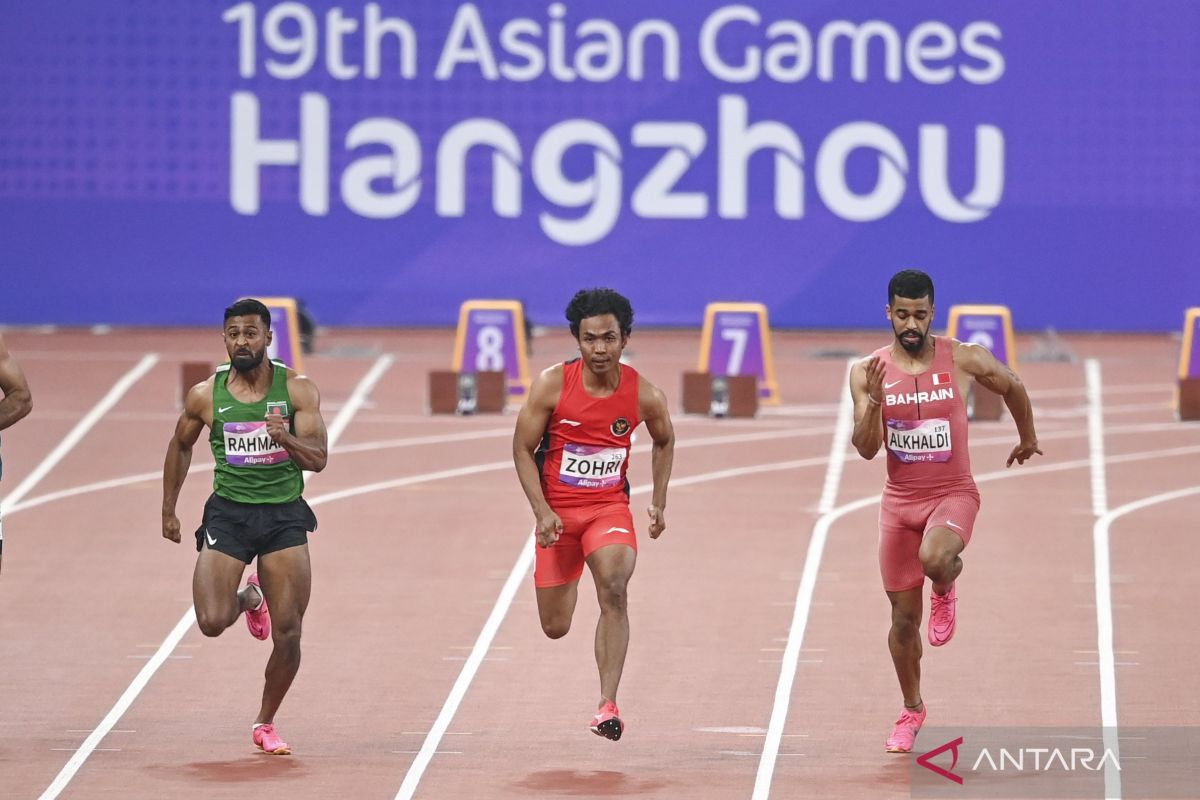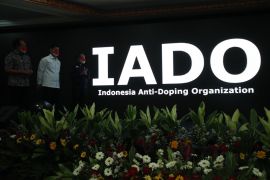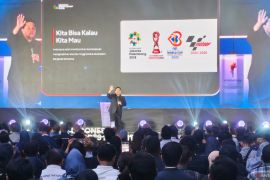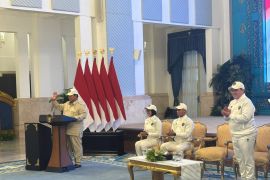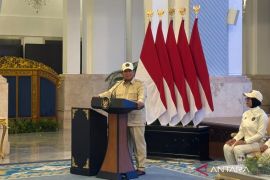"Athletes must be well-informed about substances like caffeine, creatine, and energy drinks to maintain their health during competitions," said Gatot S. Dewa Broto, IADO Chairman, on Monday.
He explained that caffeine is a natural chemical stimulant belonging to the methylxanthine class and contains antioxidants.
The World Anti-Doping Agency (WADA) does not ban caffeine, he added.
Creatine is also not prohibited, although it can have a small effect on performance, the effect is not guaranteed, he added.
Broto explained that athletes are often tempted by energy drinks that are easily found at stores or minimarkets.
"However, it is important to know that energy drinks are not necessarily a healthy or even safe way to hydrate the body," he stated.
He remarked that energy drinks may contain larger amounts of caffeine or other ingredients that can be harmful. Several of these products circumvent the product labeling laws, thereby making it difficult to know about their contents with certainty.
Broto explained that energy drinks can contain up to six times more caffeine than soda drinks. The higher the dose, the greater the likelihood of consumers experiencing restlessness, insomnia, an irregular heartbeat, sweating, nervousness, and seizures.
He emphasized that athletes need to proactively seek information from their doctors to ascertain the safety or risks of consuming energy drinks.
"Do not let missteps jeopardize your body and your sports career," Broto concluded.
Related news: IADO educating elite athletes about anti-doping
Related news: Indonesian athletes free of doping: IADO
Translator: Aloysius L, Kenzu
Editor: Anton Santoso
Copyright © ANTARA 2024
